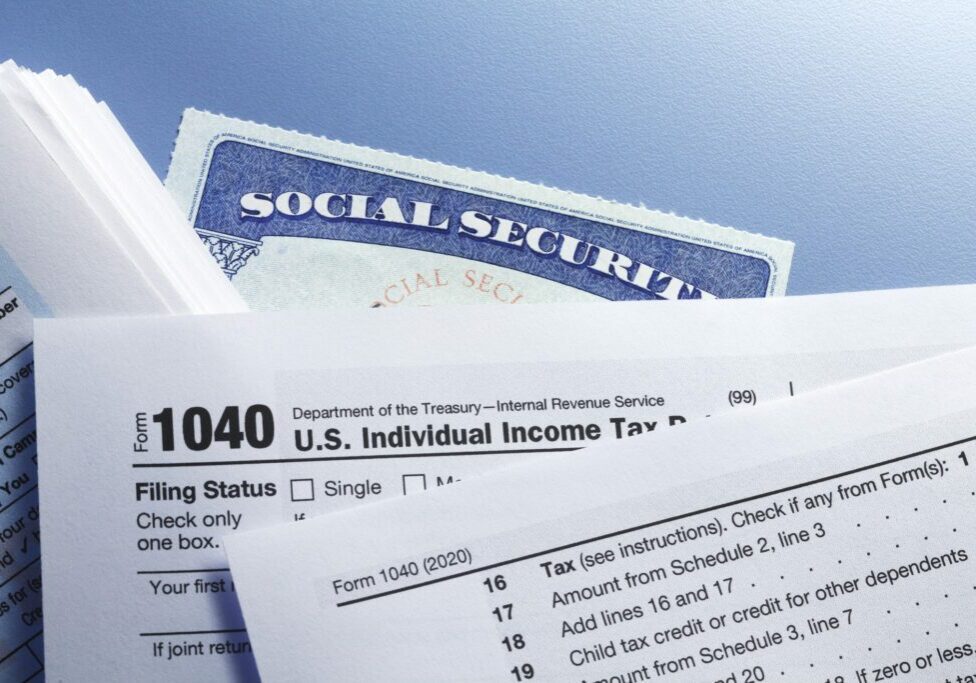WA State L&I and Employment Security Audits
Washington State provides insurance to cover injuries to employees on the job through its Department of Labor and Industries (L&I). Washington State provides unemployment benefits to employees who have lost their jobs through its Employment Security Department (ESD). Generally, L&I premiums are funded by payroll taxes based on total hours worked and ESD benefits by wages paid, subject to an annual limit. Auditors from the respective departments audit employers’ records to ensure compliance and accuracy of reporting and paying the taxes.
Auditors from L&I and ESD initiate an audit by sending a letter to the employer or by contacting the employer by phone. (The IRS does not initiate contact by phone.) If you have reason to question the validity of the call, ask for the caller’s name, number, and any other identification and ask to call them back. Then, independently verify the phone number before calling back.
Washington State’s Departments of Revenue, L&I and ESD have a joint video accessible on the State’s website that explains each department’s audit process and what to expect. Employers selected for an audit may wish to visit that site in preparation for their audit. To be proactive, visit the site and conduct a self-audit before being selected for an official audit, or engage a CPA to perform an inspection to identify issues and recommend corrections. A self-audit may reduce exposure to penalties resulting from findings in an official audit. For unemployment taxes, an employer may request a voluntary audit by ESD. If voluntarily requested, while taxes and interest may be assessed, penalties will not apply.
When contacted for an audit, decide whether or not to have third party representation and respond promptly to the auditor initiating contact. As in any audit, you have the right to third party representation. If third party representation is chosen, a power of attorney must be executed. In this initial contact with the state agency, an agreement as to the date, time and location of the audit will usually be made.
In an L&I audit, you should receive a pre-audit questionnaire and, a required records check list. Generally, the auditor will be looking for amounts paid to unreported employees, casual labor, and independent contractors for which no tax was paid. If a business engages independent contractors, it should make certain that each contractor meets the requirements of L&I to be classified as an independent contractor, or it may risk having them reclassified as employees, which will result in additional tax due.
In an ESD audit, the auditor will send a brochure regarding the upcoming audit and a confirmation of the date, time, and location the audit will occur, as well as, the records needed for the time period under audit. As with an L&I audit, expect a review of payroll details and scrutiny of payments to third parties, particularly independent contractors.
Independent contractors are of particular concern in L&I, ESD and IRS audits. Findings by one agency may be reported to the other agencies thereby triggering additional audits and potential taxes, interest, and penalties. Pay particular attention to this category of workers.
An example of a possible challenge by a tax auditor is where payments are made to an independent janitorial service. If your business is the only one served by the janitor, make certain you have the facts documented to prove classification as an independent contractor under Washington State and federal laws. If the documentation is lacking be prepared to have the individual classified as an employee in an audit.
If your business is a sole-proprietorship or you are a household employer, it is highly recommended that such business or household employer transactions be conducted through a separate checking account used strictly for those purposes. Otherwise, if your business is audited an auditor will be inspecting personal transactions that are completely unrelated to the audit.
It may save you money on audit, if you, or a professional you have engaged, have taken time to research applicable nuances with respect to the different types of businesses and employers and are aware of the various requirements. Take the necessary steps to ensure compliance or, at a minimum, make sure you understand and quantify the risks.
Sue Price-Scott, CPA is a partner at Alegria & Company and specializes in business and personal income tax and is accredited in business valuation. She can be reached at spricescott@alegriacpas.com








